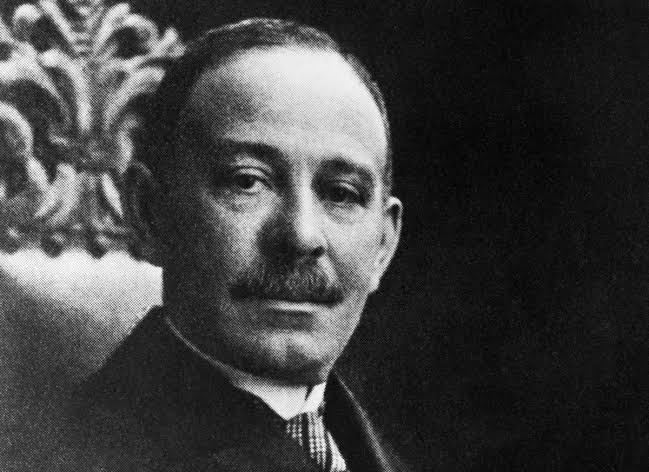The article chronicles the fascinating and inspiring account of the remarkable achievements of Dr. Daniel Hale Williams, a pioneering Black surgeon who performed the world’s first successful open-heart surgery in 1893. This groundbreaking feat paved the way for modern cardiac surgery and demonstrated the incredible possibilities of modern medicine, which continues to inspire and motivate medical professionals and activists alike to this day.

Dr. Williams was born in Pennsylvania in 1856 and later moved to Illinois, where he became a physician. He faced many obstacles and challenges as a Black man in a profession dominated by white men, but he persevered and pursued his passion for medicine with great dedication and determination.
In 1891, Dr. Williams founded Provident Hospital in Chicago, which was the first hospital in the United States to have a racially integrated staff. At a time when segregation and discrimination were rampant, Dr. Williams believed strongly in the importance of providing quality medical care to people of all races and backgrounds, and he worked tirelessly to make that vision a reality.
Dr. Williams’ surgical skills were highly regarded, and he was known for performing successful surgeries that other doctors deemed impossible. He was also a gifted teacher and mentor, and he trained many young doctors, including several African Americans who went on to become leaders in the field of medicine.

In 1893, a man named James Cornish was brought to Provident Hospital with a life-threatening stab wound to the chest. Upon examining Cornish, Dr. Williams discovered that the man had a stab wound that had punctured his pericardium, the sac surrounding the heart. At the time, the conventional wisdom was that any attempt to repair the heart would be futile, and the idea of performing open-heart surgery was considered impossible.
Despite this prevailing belief, Dr. Williams decided to attempt the procedure. He enlisted the help of his surgical team and worked for several hours to repair the wound. The surgery was a success, and Cornish went on to live for many years after the operation. The historic operation marked the first time that an open-heart surgery had been performed successfully, and it revolutionized the field of cardiac surgery.
Dr. Williams’ groundbreaking achievement was not only a medical triumph but also a significant milestone in the struggle for civil rights and social justice. His success demonstrated that people of color could excel in fields traditionally dominated by white men and paved the way for greater diversity and inclusivity in medicine.
Dr. Williams continued to practice medicine and surgery for many years after the historic operation, and he also became a leader in the African American community, advocating for civil rights and social justice. He was an active member of the National Medical Association, a professional organization for African American physicians, and he used his influence and platform to promote greater access to healthcare and equal treatment for people of color.
Dr. Williams’ legacy has continued to inspire countless medical professionals and activists, both within and outside the field of medicine. His pioneering work in cardiac surgery has saved countless lives andopened up new frontiers in medical research and innovation. In addition to his medical achievements, Dr. Williams was also a passionate advocate for civil rights and social justice, and his dedication to these causes has left an indelible mark on the history of the United States.
Throughout his life, Dr. Williams faced many challenges and obstacles, both personal and professional. As a Black man in a predominantly white profession, he encountered racism and discrimination on a regular basis. He also struggled with financial difficulties and personal tragedies, including the loss of his wife and two of his children.
Despite these challenges, Dr. Williams remained steadfast in his commitment to his patients, his community, and his ideals. He believed in the power of medicine to heal both the body and the soul, and he saw his work as a way to bring hope and healing to those in need.
In recognition of his many achievements, Dr. Williams received numerous honors and awards during his lifetime, including an honorary degree from Tuskegee University and induction into the National Medical Association Hall of Fame. Today, he is remembered as a true pioneer in the field of medicine and a tireless advocate for social justice and equality.
In conclusion, the story of Dr. Daniel Hale Williams is a shining example of what can be accomplished through hard work, perseverance, and a deep commitment to one’s ideals. His pioneering work in cardiac surgery opened up new frontiers in medical research and innovation, while his advocacy for civil rights and social justice helped to pave theway for greater diversity and inclusivity in medicine and society as a whole. Dr. Williams’ legacy serves as an inspiration to all those who aspire to make a positive impact on the world, and his contributions continue to be celebrated and honored to this day.

